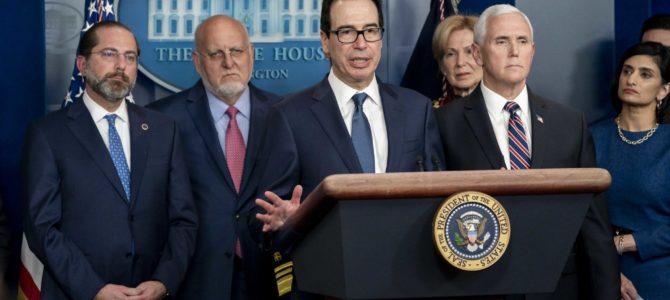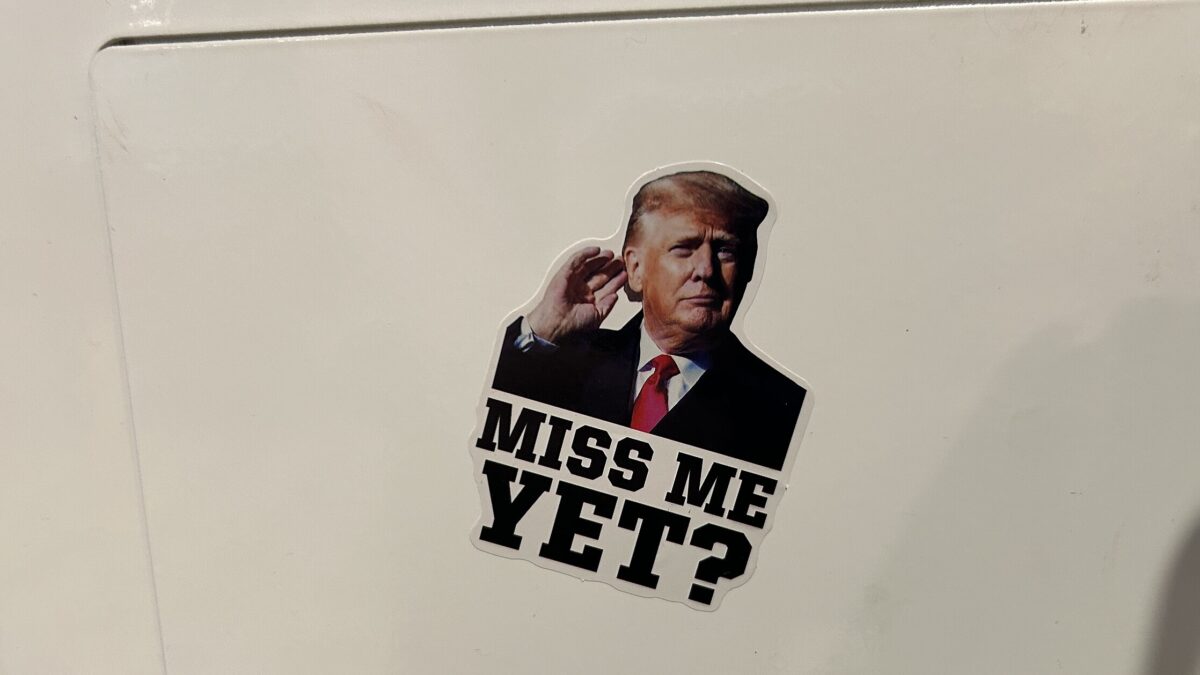The outlook for restaurants, dire from the start of the coronavirus crisis, is worsening, with only one in five owners from shutdown cities believing they’ll be able to survive. Furthermore, the Paycheck Protection Program does not seem to be helping.
The James Beard Foundation, an organization of restaurants, began surveying 1,400 restaurant owners in mid-March, with the latest round from April 9 – 13. Washington’s Paycheck Protection Program, meant to save small businesses, went into effect on April 3.
The results are harrowing, including 38 percent of restaurants reporting they have closed, at least temporarily but possibly permanently; 28 percent restaurant owners in mandatory-shutdown cities reporting they will no survive more than one month (an 11-point rise from March); and “only one in five restaurant owners in cities that are shutdown are very certain or somewhat certain that they will be able to sustain their businesses until normal operations resume.”
“We have been decimated by coronavirus,” Tom Colicchio, co-founder of New York’s Gramercy Tavern and current owner of Crafted Hospitality group, told reporters during a Thursday call. “Most restaurateurs and chefs that I talk to, they don’t believe they’ll survive this … And if they do get open for a month or two at a time they’ll probably close after that.”
Only 30 percent of salaried employees reportedly remain, and less than 10 percent of hourly employees; 77 percent said their sales were down at least 50 percent; and 80 percent aren’t confident the takeout and delivery options they’ve switched to will keep them afloat.
While Washington has focused on pushing small businesses to retain their employees for two months, restaurateurs report the money is not coming, the restaurants are closed and will remain closed over those two months, and while employees are able to retreat to fortified unemployment insurance programs, most owners are more worried about rent (39 percent) or paying their vendors (35 percent) than maintaining payroll for their shuttered operations (34 percent) or rehiring staff already on unemployment (just 15 percent).
“PPP is not adequate as it’s written now,” Naomi Pomeroy, noted chef and owner of Beast in Portland, Oregon, said, “so we are looking for a fix to PPP that will push back the date that you’re able to use it to when we’re actually able to open our restaurants … There’s nothing for us to do with money that we’re forced to use right now when our restaurants aren’t even open, and I don’t think anyone thinks their restaurants are going to be open in the next eight weeks.”
“The question isn’t when we open,” Colicchio added, “the question is when people feel comfortable coming to a crowded a bar, concert venue, and so right now we need long-term protection: not two months, not four months, we’re looking at eight months to a year until we find a vaccine.
“We are in dire shape right now. And I knew there was going to be a government response, I felt good about that, I thought that they understood what we needed, I thought they’d figure out a way to make it work right; it’s not working. And if we can’t turn the loan into a grant then all we’re doing is saddling restaurants with debt that there’s no way they can pay off.”
Many of those surveyed have taken on new debt since the coronavirus shutdown, with 55 percent reporting $50,000 in new debt.
“Indirect employment is part of what we have to focus on as well,” Pomeroy said, “understanding that when we’re talking about 11 million direct jobs in restaurants, we’re also talking about tens of millions more connected businesses, whether you’re talking about farmers, [fishermen], wine-makers, distributors, produce companies — so many people are going to be directly impacted by this that the damage to our economy overall is at the greatest risk by not having the PPP actually apply to restaurants.”









